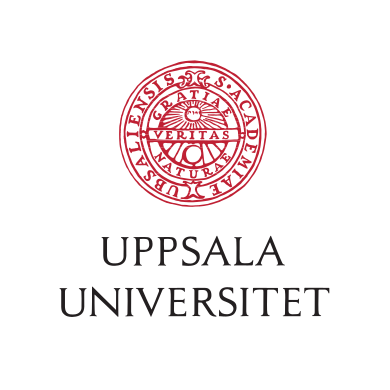The day after his defense last spring, Jacob Clausen van de Leur learned that he had been awarded just over $4 million to evaluate a new therapeutic model for fatigue syndrome. He would thus be able to continue working on the work he had already begun as a doctoral student, but now on a larger scale.
The treatment to be evaluated is based on Acceptance and Commitment Therapy (ACT). With the help of this type of therapy, the goal is to give patients the tools to help them return to social and work contexts. Within the framework of the therapy, one works with exposure, among other things.
– Patients can challenge different types of fears and discomfort, and practice showing themselves vulnerable and asking for help. It also involves difficult control needs and perfectionistic behaviors, says psychologist Jacob Claesson van de Leur.
A common assumption in healthcare is that stress and overload are what causes burnout. Jacob Clason van de Leur believes that it may be feelings of loss of control, helplessness or loneliness that underlie the symptoms. Therefore, treatments that help patients deal with such feelings and situations should be preferable to treatments that focus on relaxation.
180 patients in three different groups
In the planned study, three different treatments will be tested on a total of 180 patients on sick leave due to burnout. One group will receive treatment using the prescribed ACT model. A second group will receive the same treatment but also support to help them return to work. A third group will receive the standard model focusing on relaxation exercises. All three treatments will be online, will be led by a psychologist in collaboration with a physician and will run for 12 weeks.
– The ideal outcome is to show that this new model with ACT is more effective than a model that focuses only on relaxation. I also hope that we will succeed in showing that the integrated intervention at work actually leads to more return to work.
Isn't 12 weeks a short time to treat burnout?
– No, I don't think it's short. It's not as if you have to be done or cured or recovered in twelve weeks. The treatment doesn't have to last the entire duration of the illness. But the point is that you get strategies, you start making changes, you get a plan and then you can continue with it yourself, says Jacob Clausen van de Leur.
overemphasis on comfort
In the case of sick leave due to fatigue, rest is usually necessary during the initial period. But the fact that rest is often the only recommendation is something that Jacob Claesson van de Leur opposes. He also does not think it is good to rest for a long time.
– The danger is that you won't feel better. I usually talk about getting involved in the physical economy, which is a very mechanical way of thinking. You think: I should only have relationships that give me energy, and I should think about not putting in too much effort, says Jacob Claesson van de Leur, and he continues:
– All relationships, by definition, take energy, if you're going to use that kind of language. If you focus too much on setting boundaries and saving energy, there's a risk of becoming completely isolated and alone.
The research project is funded by Afa Försäkring and runs until September 2027.
Sandra Gunnarsson

“Extreme tv maven. Beer fanatic. Friendly bacon fan. Communicator. Wannabe travel expert.”





More Stories
Many Seniors Are Malnourished – But It Doesn't Have to Be This Way
“A lot happened during the trip,” Jönköping County Council
New gel could ease pain after herniated disc